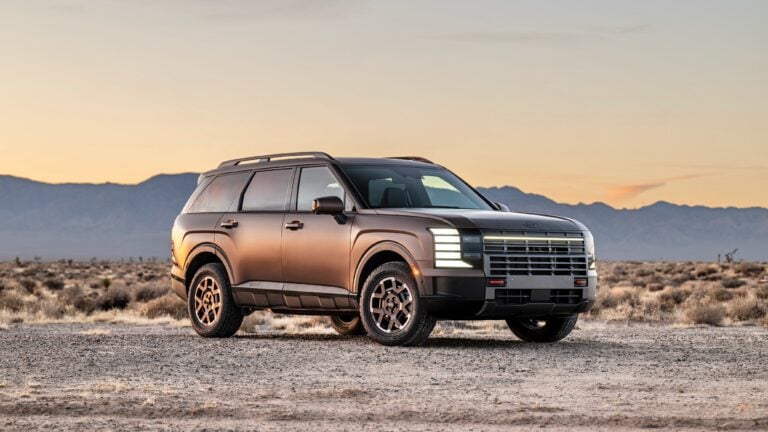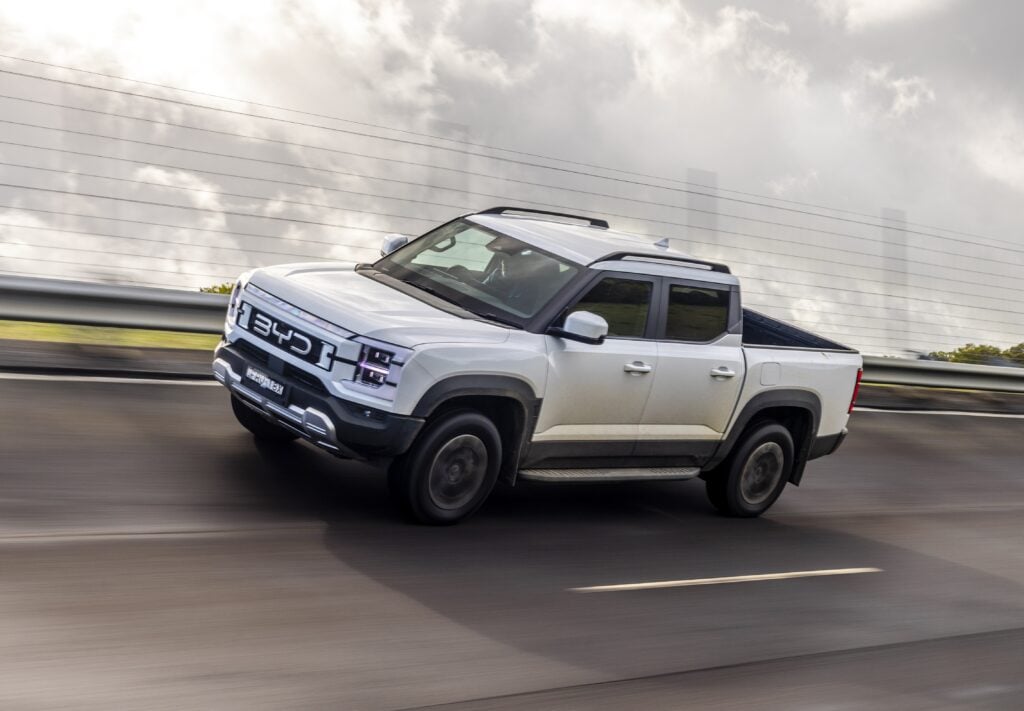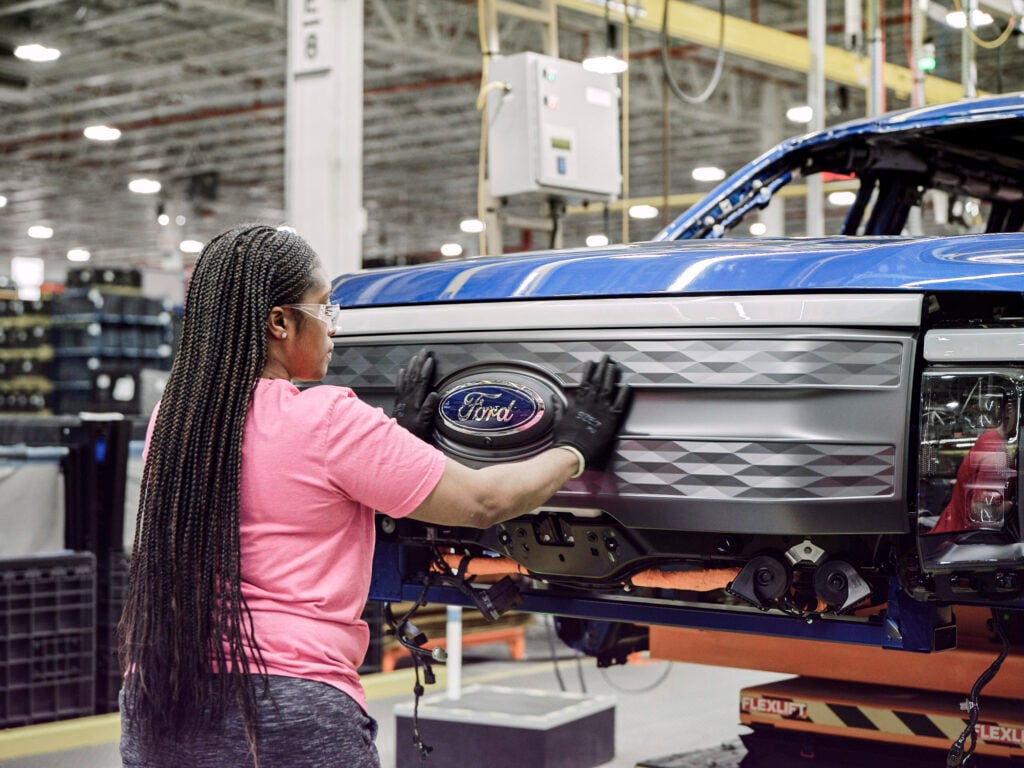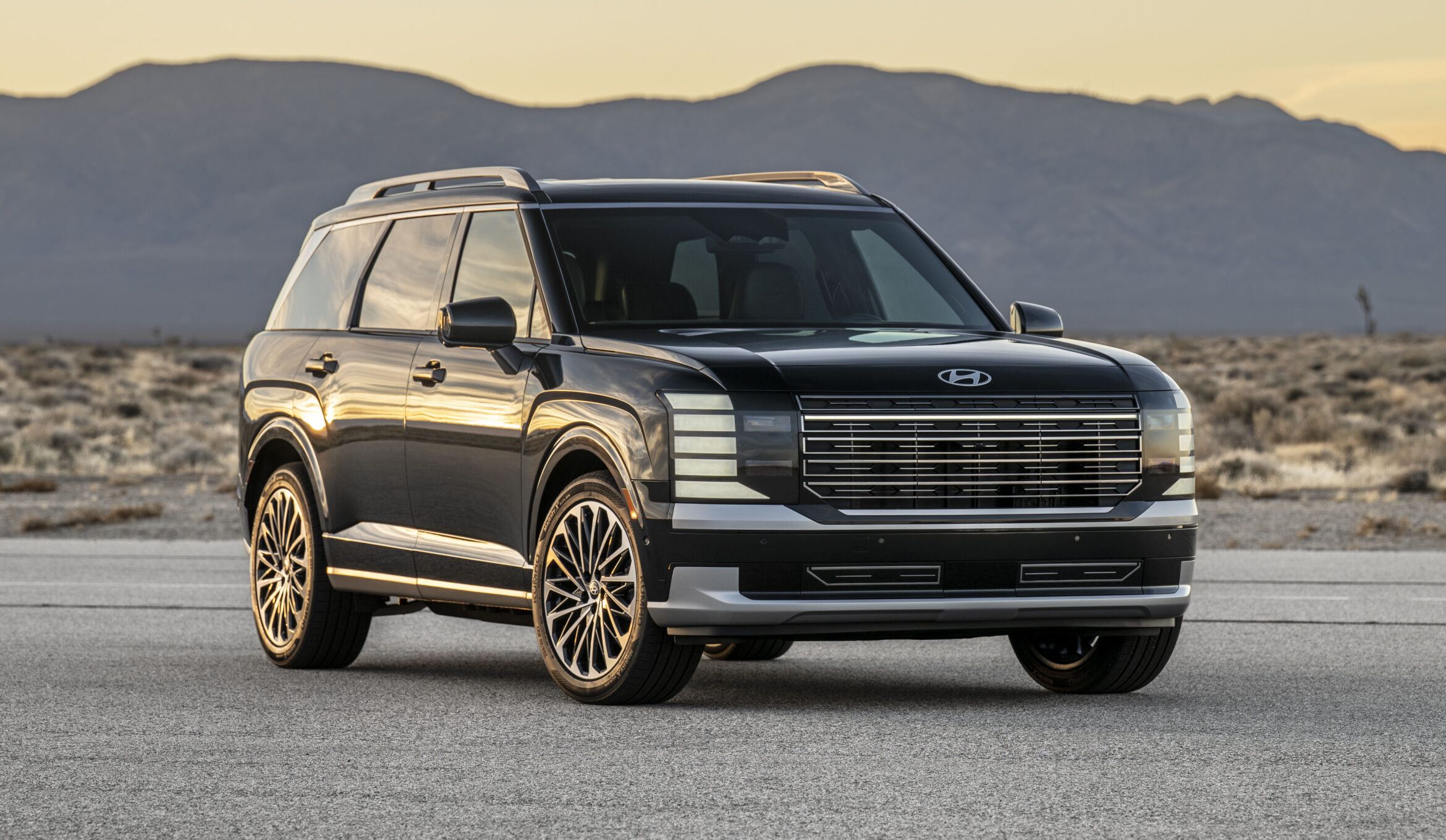
Due to launch locally late this year in the new-generation Palisade large SUV, Hyundai has revealed further details about its new hybrid system that will also be incorporated into Genesis and Kia products in the future.
Using either a 1.6-litre or 2.5-litre capacity, the new hybrid system promises improved performance and fuel efficiency from multiple configurations. The new hybrid system features a new dual-clutch transmission with two integrated electric motors: one for starting, energy generation and propulsion, while the other will also handle propulsion and regenerative braking.
Hyundai says the combination of two motors is better than one because it “improves power,
performance, and fuel efficiency while achieving smooth shifting and reduced noise and vibrations
for a more refined driving experience”.
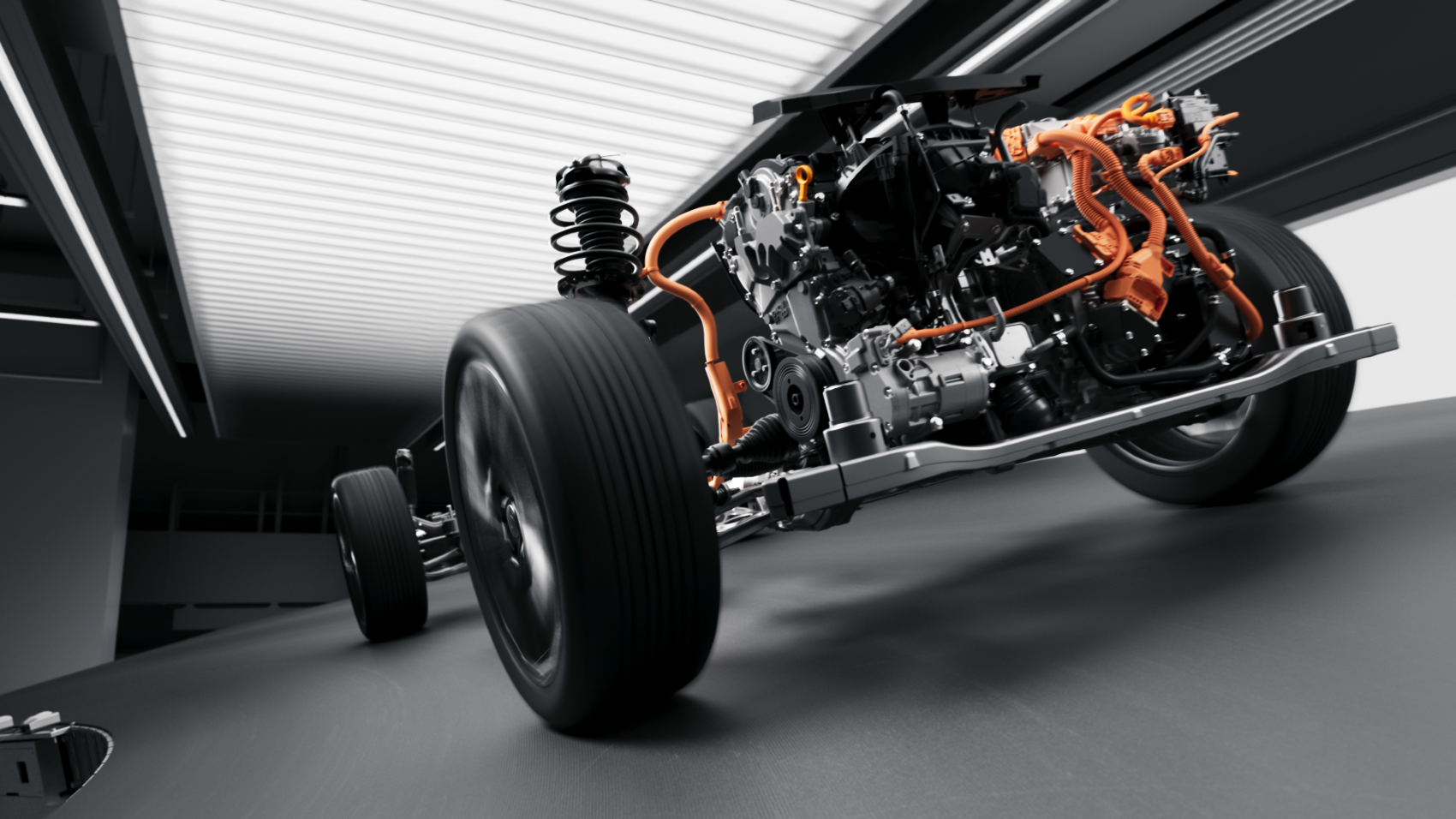
Multiple power outputs will be offered with the new drivetrains, ranging from around 100hp (75kW)
to the mid-300hp range (224kW and upwards) to cater for the whole Hyundai Kia and Genesis
range, from small hatchbacks to luxury sedans.
In the new Palisade, the 2.5-litre drivetrain develops 245kW of power and 460Nm of torque, which
is 19 per cent more powerful and 9 per cent torquier than the non-hybrid 2.5-litre turbo engine. Yet,
according to Hyundai, the hybrid is over 45 per cent more powerful than the petrol-only engine.
The company also showed off a new e-AWD system, which – like Toyota’s equivalent – uses an
electric motor to power the rear axle for greater performance and efficiency.
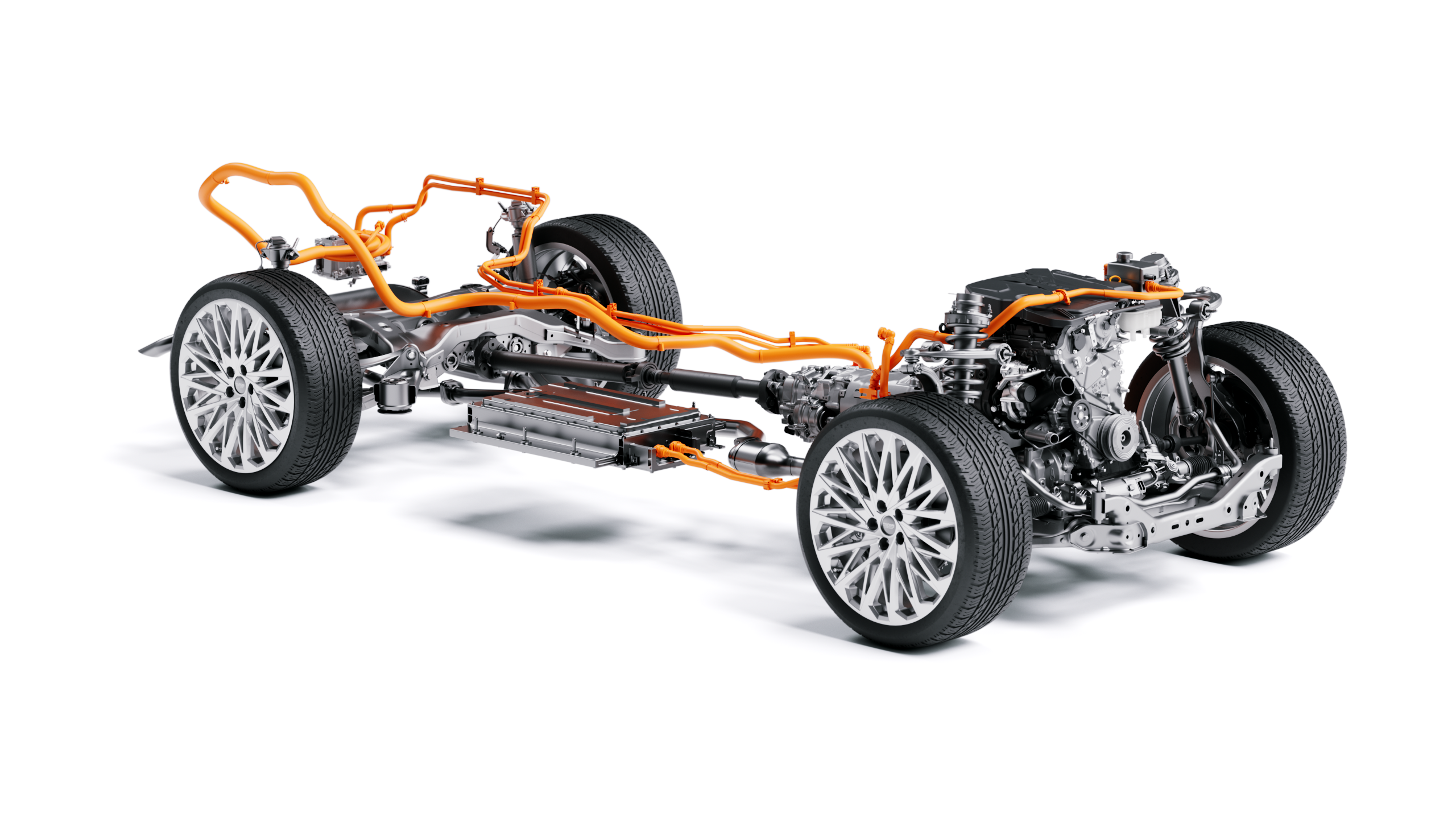
Which products the new hybrids will be offered in is unknown at this stage, but it’s likely to be the
vast majority of the three companies’ ranges in order to comply with ever-tightening global
emissions standards.
Offering hybrid models will likely fix the biggest issue with current Genesis models: thirst. For
example, a 3.5-litre turbocharged V6 petrol GV70 mid-size SUV’s combined fuel consumption
rating is more than 3L/100km more than the BMW X3 M50, despite the BMW being more powerful
(11.3L/100km versus 8.2L/100km).
Not much else is known about Hyundai’s hybrid expansion, though we’re likely to have more
details soon.



